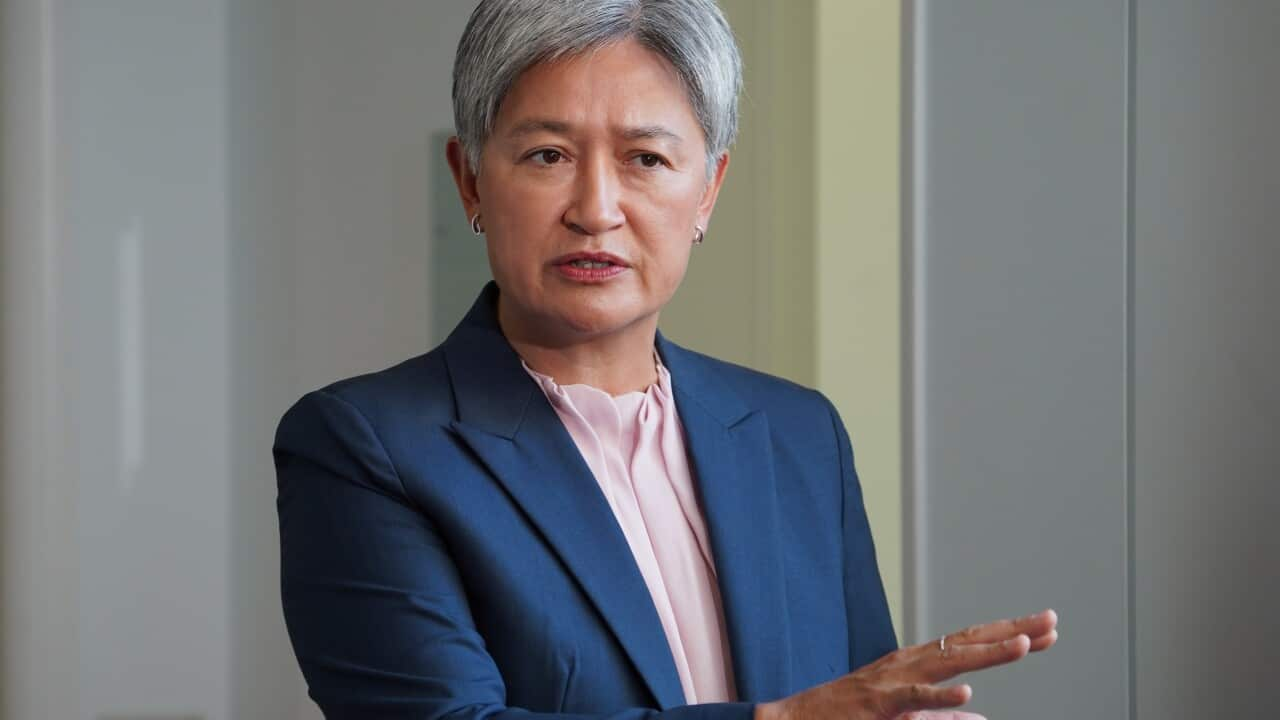TRANSCRIPT
The Israeli Prime Minister Benjamin Netanyahu has shut down talks of a proposed ceasefire in Gaza, after rejecting the terms suggested by Hamas.
Mr Netanyahu says the continuation of Israel's military operation in Gaza is essential, so the hostages are freed.
"The continuation of the military pressure is a necessary condition for the release of the hostages. Surrendering to Hamas’ delusional demands that we heard now not only won’t lead to freeing the captives, it will just invite another massacre, it will invite a major disaster on the state of Israel that none of our citizens would want to accept."
Hamas had suggested a four-month truce during which Israel would withdraw its forces from Gaza, so that all remaining hostages could make their way home.
But Israel finds those terms unreasonable.
Mr Netanyahu says the elimination of Hamas will occur in a matter of months.
"We are on our way to absolute victory, the victory is in our reach, it's not a matter of years or tens of years, it's a matter of months. The IDF creates wonders and is moving forward in a systematic way to get all the goals of the war that we, at the political level required from it: the elimination of Hamas, the release of all hostages and the promise that Gaza won't be a threat to Israel anymore."
However, not all hopes for a ceasefire have been dashed.
Negotiations are ongoing, with the U-S, Qatar and Egypt acting as mediators between the two sides.
U-S Secretary of State Antony Blinken, who is currently in the Middle East holding talks with both the Israeli leader and the Palestinian President, says a deal is still possible.
"What I can tell you about these discussions is that while there are some clear non-starters in Hamas's response, we do think it creates space for agreement to be reached, and we will work at that relentlessly until we get there."
A delegation by Hamas is set to depart for Cairo where it will continue negotiating for a ceasefire agreement.
Hamas has signified its intention to not release the remaining hostages until a deal for the end of the war can be reached.
Osama Hamdan is a member of Hamas' political bureau.
"The movement dealt with the proposal in a positive spirit, despite the Zionist reactions, which tried to ignore the most basic rights of our people in this context. Since the first day of the announcement of this paper, or framework, Zionist statements have been made repeatedly confirming the continuation of the aggression against the Gaza Strip, as stated by the terrorist (Israeli Prime Minister Benjamin) Netanyahu, who spoke of his refusal to withdraw his army from Gaza, or to release our prisoners in occupation’s prisons.”
With no agreement for a de-escalation in sight, the Israeli forces are continuing their operations in Gaza.
There are growing concerns by human rights groups that the next phase of the war could be carried to the south of Gaza near the Rafah border with Egypt, where millions of people have taken refuge.
It comes after reports from the Israeli military that the remaining Hamas forces have gathered at the south of the enclave.
United Nations coordinator for the Middle East Peace Process Tor Wennesland says a ceasefire is necessary to provide humanitarian aid.
"We cannot get out of where we are unless the ceasefire starts. That is the first point. That ceasefire comes as a result on agreement upon the change of hostages against prisoners. That dynamic will be able, would give us the opportunity to kind of get into the areas of Gaza with deliveries that we have not been able to do so far."
Meanwhile, the U-S Secretary of State also addressed the issue of the alleged participation by members of the
U-N's Relief and Works Agency [[UNRWA]] in the October 7 raids.
Antony Blinken says there needs to be assurances that such an incident does not repeat itself in the future.
"We were deeply concerned by the allegations that were made about the participation or involvement of some of its employees in the in October 7th, and it's imperative that, as the UN has said, it's doing, that there be a thorough investigation, that there be clear accountability and that there be clear measures put in place to make sure that this can't happen again, that the personnel working for it are not in any way involved in terrorism or the events of October 7th."
According to the health ministry in Gaza, over 27,500 people have lost their lives in the war that erupted after the October 7 raids.
Most of them are women and children.





